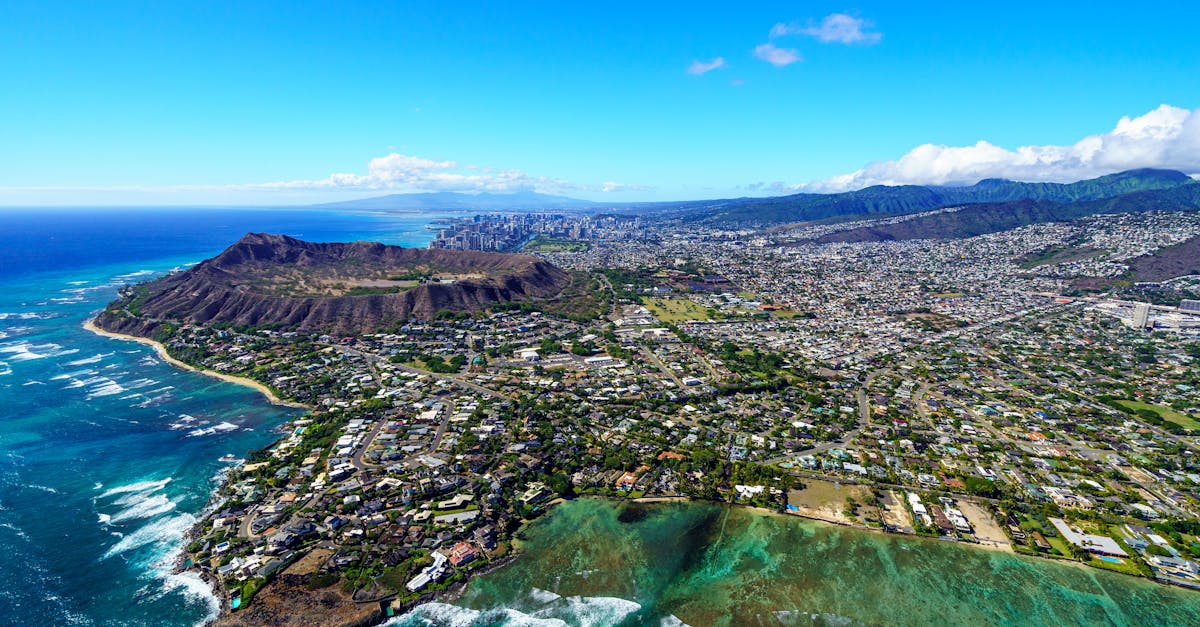The City and County of Honolulu have begun the search for a new Chief Resilience Officer (CRO) and Executive Director of the Office of Climate Change, Sustainability and Resiliency (CCSR), as announced by Mayor Rick Blangiardi. This appointment underscores Honolulu's commitment to enhancing its preparedness and response to the effects of climate change, a crucial consideration for businesses and residents alike. The CRO will be responsible for several key initiatives, including tracking climate change impacts, coordinating city-wide preparedness efforts, and integrating sustainability into the city’s plans and policies. Spectrum News notes that the CRO will oversee operations aimed at strengthening Honolulu's resilience against climate challenges.
This appointment follows the departure of Matthew Gonser, who previously held the position before moving to a similar role in Los Angeles. Sustainable Tech Partner highlights that the CRO’s responsibilities will encompass a wide range of actions, from adapting infrastructure to developing community preparedness programs. The CCSR's mission is especially relevant in a state like Hawaii, where rising sea levels, extreme weather events, and resource management are increasingly critical concerns for both public and private sectors.
The selection of a new CRO presents significant opportunities for Hawaii's business community. The appointed individual will likely play a pivotal role in shaping policies related to sustainable development, infrastructure improvements, and climate adaptation strategies. This could lead to new business opportunities in renewable energy, green building, disaster preparedness, and consulting services focused on environmental sustainability. Furthermore, the CRO's work will influence investment decisions, urban planning, and resource allocation, directly impacting the economic landscape of Honolulu and Oahu.
The CCSR, under the new leadership, can be instrumental in guiding Honolulu’s long-term sustainability goals. With the focus on community preparedness and climate change impact assessment, the new CRO will ensure the city’s proactive approach to mitigate the adverse effects of climate change and related challenges. Planetizen recently reported on the appointment, demonstrating the ongoing importance of the position in the community.
For businesses in Honolulu, staying informed about the CCSR's initiatives and the strategic direction of the new CRO is vital. Engaging with the office, understanding the upcoming policy changes, and adapting business models to align with sustainability goals are important steps for entrepreneurs, investors, and professionals seeking to thrive in the evolving Hawaii market.


